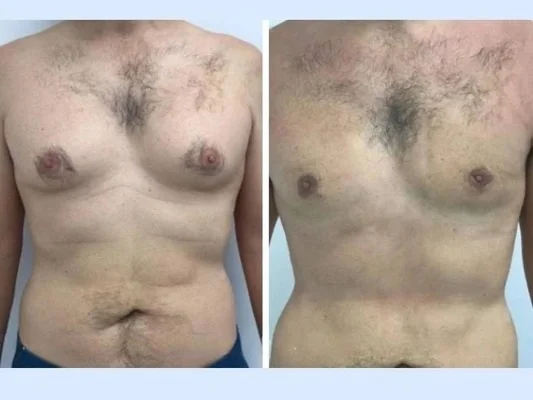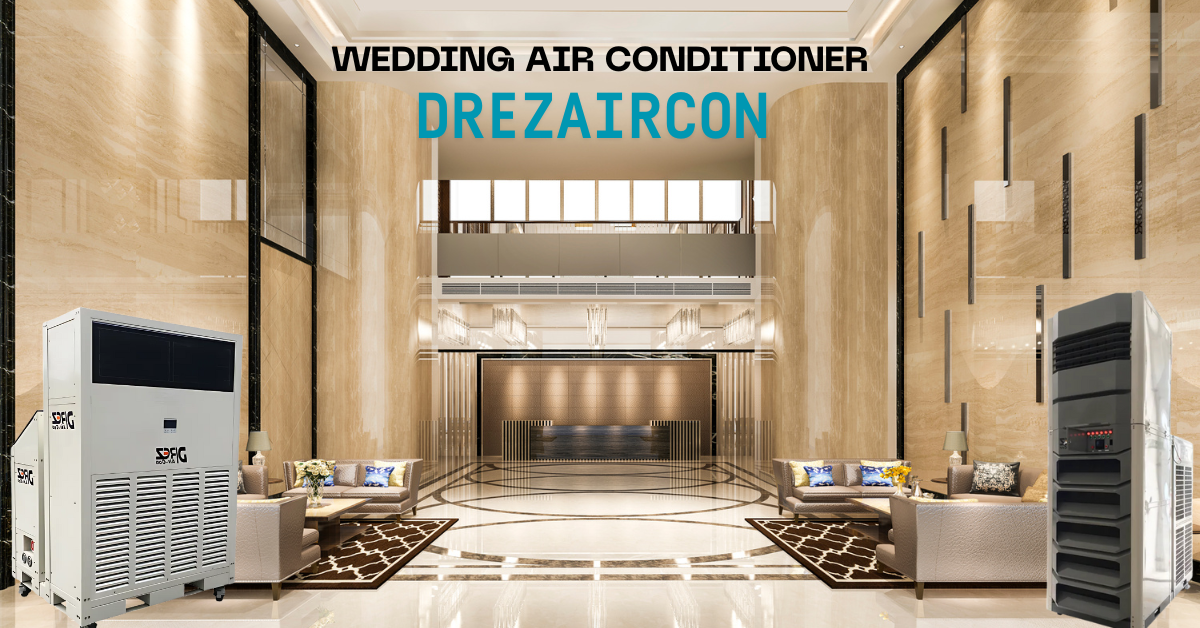Mental health has increasingly become a critical component of overall well-being, yet many individuals still struggle with recognizing when to seek help. Depression, in particular, affects millions of people worldwide and can significantly impair one’s quality of life if left untreated. For those seeking structured support, a rehabilitation center for depression can provide the professional care, therapy, and resources necessary for recovery. Additionally, outpatient mental health facilities near me offer flexible options for those who cannot commit to residential programs but still require professional guidance and support.
Understanding Depression and Its Impact
Depression is more than occasional sadness or mood swings. It is a serious mental health condition that affects how a person feels, thinks, and functions on a daily basis. Symptoms can include persistent feelings of hopelessness, loss of interest in activities, fatigue, difficulty concentrating, changes in sleep patterns, and even physical symptoms like chronic pain. Left untreated, depression can interfere with work, relationships, and overall physical health.
Recognizing the need for help is the first step toward recovery. For many, this means exploring a rehabilitation center for depression, where trained mental health professionals offer a combination of therapy, medication management, and supportive services tailored to the individual’s needs.
What Is a Rehabilitation Center for Depression?
A rehabilitation center for depression is a specialized facility that focuses on treating individuals struggling with depression and related mental health disorders. These centers offer comprehensive care that addresses both the psychological and physiological aspects of depression.
Key features of a rehabilitation center for depression include:
- Individual Therapy: One-on-one sessions with licensed therapists help patients understand the root causes of their depression and develop effective coping strategies.
- Group Therapy: Sharing experiences with others facing similar challenges can provide emotional support and reduce feelings of isolation.
- Medication Management: Psychiatrists at these centers can prescribe and monitor antidepressant medications to ensure they are effective and safe.
- Holistic Therapies: Many centers incorporate holistic approaches such as yoga, meditation, art therapy, and exercise programs to support overall well-being.
- Education and Skill Building: Patients learn life skills, stress management techniques, and relapse prevention strategies to sustain long-term recovery.
Rehabilitation centers may offer inpatient programs for severe cases of depression, where individuals reside at the facility for intensive care, or outpatient programs for those with milder symptoms or strong support systems at home.
Benefits of Outpatient Mental Health Facilities
While inpatient treatment can be necessary for severe depression, outpatient mental health facilities near me provide flexible care options for many individuals. Outpatient programs allow patients to receive professional therapy and medical oversight while continuing their daily routines, such as work, school, or family responsibilities.
Benefits of outpatient mental health facilities include:
- Flexibility: Patients can schedule appointments around their personal commitments, making it easier to maintain daily life while receiving treatment.
- Continuity of Care: Outpatient programs provide ongoing support after inpatient treatment or serve as a primary form of care for those with less severe depression.
- Access to Specialists: Licensed therapists, psychologists, and psychiatrists are available to provide professional guidance and monitor progress.
- Community Support: Outpatient programs often include support groups and community resources to help patients stay engaged in recovery.
Outpatient facilities are especially beneficial for those who need consistent therapy but do not require 24-hour supervision. They also serve as a bridge for individuals transitioning from inpatient care back to their home environment.
How to Choose the Right Facility
Selecting the right rehabilitation center for depression or outpatient mental health facility can feel overwhelming, but there are key factors to consider:
- Accreditation and Licensing: Ensure the facility is accredited by recognized mental health organizations and licensed to provide mental health services.
- Treatment Approaches: Look for programs that offer evidence-based treatments such as cognitive-behavioral therapy (CBT), dialectical behavior therapy (DBT), or medication management tailored to depression.
- Staff Expertise: Check that the facility employs licensed and experienced mental health professionals, including psychiatrists, psychologists, and counselors.
- Program Flexibility: Depending on your needs, you may want a facility that offers both inpatient and outpatient programs or customizable care plans.
- Patient Support Services: Consider whether the center provides additional services such as nutritional guidance, exercise programs, and family counseling.
- Location and Accessibility: For outpatient care, choosing a facility close to home or work ensures consistency and convenience, reducing barriers to ongoing treatment.
Steps to Take Before Admission
Before committing to a rehabilitation or outpatient program, it’s essential to take a few preparatory steps:
- Consult Your Primary Care Provider: A doctor can provide an initial assessment and refer you to appropriate mental health specialists.
- Research Facilities: Use online resources and reviews to find outpatient mental health facilities near me and rehabilitation centers with strong reputations.
- Check Insurance Coverage: Verify that the facility accepts your insurance or offers affordable payment options.
- Prepare Questions: Ask about treatment methods, duration of programs, staff credentials, and aftercare support.
Integrating Rehabilitation and Daily Life
Recovery from depression is most effective when supported by both professional care and personal effort. Individuals in rehabilitation centers for depression or outpatient programs are encouraged to:
- Practice self-care routines, including healthy eating, regular exercise, and sufficient sleep.
- Stay socially connected with supportive friends and family.
- Engage in therapeutic activities such as journaling, mindfulness, or creative outlets.
- Follow the treatment plan consistently, including attending therapy sessions and taking prescribed medications.
The Importance of Aftercare and Long-Term Support
Completing a program at a rehabilitation center for depression or outpatient mental health facility is just one part of the recovery journey. Aftercare and ongoing support are crucial for maintaining mental health and preventing relapse. Many centers provide follow-up therapy, peer support groups, and access to community mental health resources.
Consistent follow-up helps individuals track their progress, address challenges, and adjust treatment plans as needed. With proper aftercare, many patients experience significant improvement in their symptoms and quality of life.
Conclusion
Seeking help for depression is a courageous and life-changing step. Whether through a rehabilitation center for depression or outpatient mental health facilities near me, professional treatment offers the guidance, therapy, and support necessary to overcome depression and regain a sense of balance and purpose. By choosing a facility that fits your needs and committing to ongoing care, you can take meaningful steps toward recovery and long-term mental well-being.
Remember, depression is treatable, and help is always available. Taking action today can open the door to a healthier, more fulfilling life.



